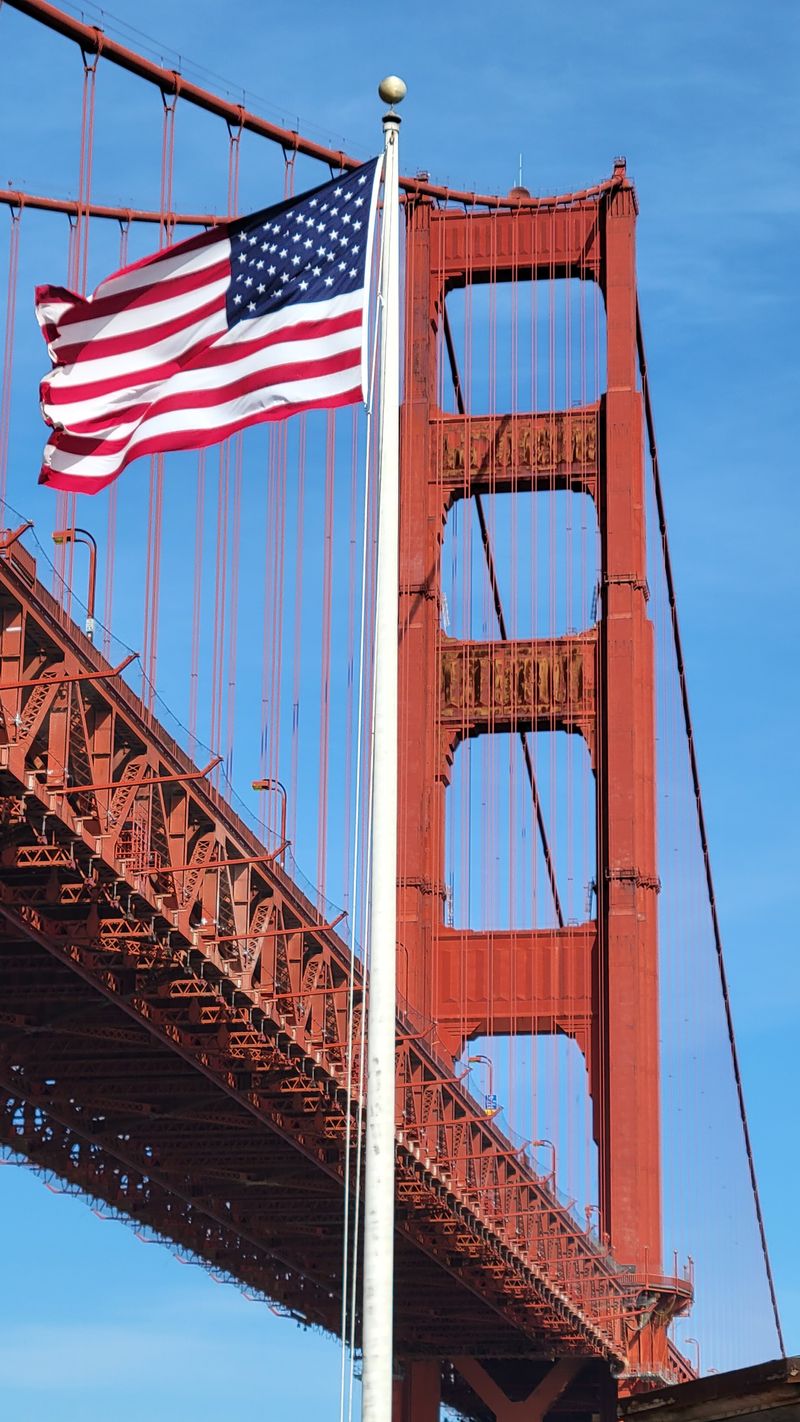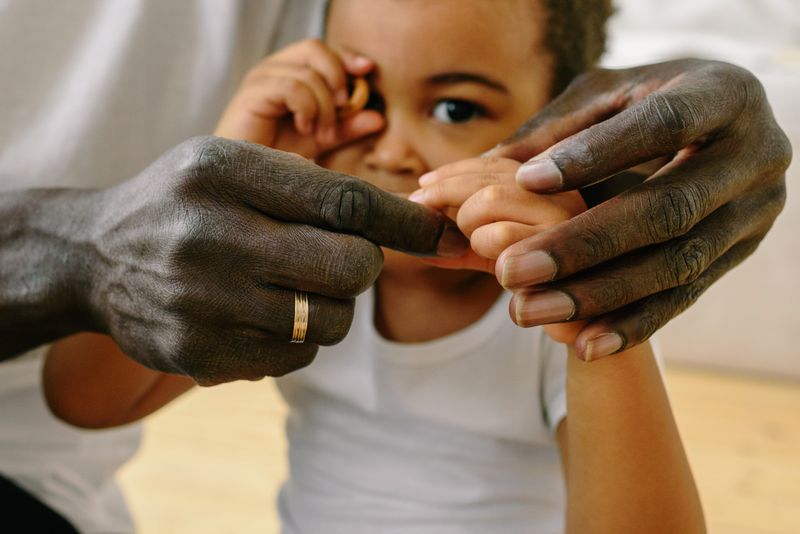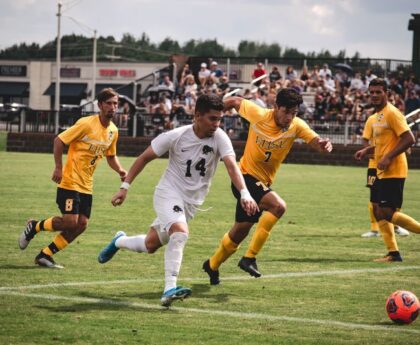In a controversial move, NASCAR suspended driver Chase Elliott for one race after he deliberately wrecked Denny Hamlin during the Coca-Cola 600 race on Monday night at Charlotte Motor Speedway. This decision stems from the Section 12.8 of the rulebook that governs the “Member Code of Conduct,” which prohibits a driver from endangering another competitor. The suspension raises ethical questions about how NASCAR enforces its rules and whether the punishment fits the crime.
Editorial
NASCAR has a responsibility to maintain safety on the racetrack and penalize drivers who engage in dangerous behavior, such as intentionally crashing into another car. However, the suspension of Chase Elliott for one race raises several ethical issues. First, NASCAR‘s decision seems to favor Denny Hamlin, the driver who was wrecked, over Elliott, the driver who intentionally caused the wreck. While it is understandable that NASCAR would want to protect its drivers from reckless driving, the punishment of Elliott for a single race seems severe.
Furthermore, the suspension raises questions about inconsistency in NASCAR‘s enforcement of rules. Last year, Bubba Wallace, whose car is owned by Hamlin, was suspended for one race for deliberately crashing his car. The move was deemed one of the most dangerous in the sport. Yet, Elliott’s similar act warranted a harsher penalty, even though his action was not as severe as Wallace’s. The suspension also sets a precedent for future penalties towards intentionally reckless driving.
Advice
While NASCAR may have been justified in punishing Elliott, the suspension raises concerns about the consistency of their enforcement of rules. Moving forward, NASCAR should prioritize uniformity in its penalties and transparency in its decision-making process, to avoid any perception of bias against certain drivers or teams. Furthermore, it should provide clear guidelines for how drivers can and cannot behave on the racetrack to avoid any confusion, and any rules violations should be met with fair and consistent punishment. Finally, the sport’s governing body should empower a third-party organization to investigate and address any complaints of unfair treatment from drivers, crew members, and race teams. By instituting these changes, NASCAR can uphold its commitment to safety while continuing to provide fans with exciting, competitive, and fair racing.

<< photo by Spencer Campbell >>
You might want to read !
- The consequences of DUI: DaniLeigh arrested after Miami hit-and-run
- The West Blackmails Uganda over Anti-LGBTQ Law
- “Nvidia’s soaring market cap: Implications for tech innovation and competition”
- The Age-Old Question: Can We Judge Al Pacino’s Decision to Become
a Father Again at 82?
- The Ethics of Large Age Gaps in Romantic Relationships: Examining Al Pacino’s Situation
- The Implications and Repercussions of Uganda’s World’s Harshest Anti-LGBTQ Bill
- “Why the Oilers Crumbled: Analyzing the Team’s Failures and Faults in This Year’s Playoffs”
- “PSG Inches Closer to Winning 10th Title as AC Ajaccio Relegates”




